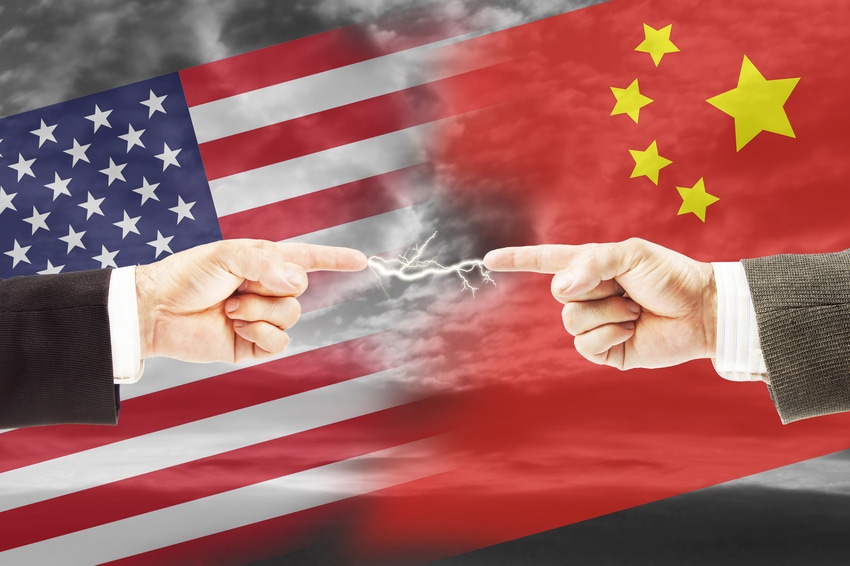China antagonised by AUKUS Pacific security pact
The UK, US and Australia have formed a new defence pact apparently designed to counter China in the Asia Pacific region.
September 16, 2021

The UK, US and Australia have formed a new defence pact apparently designed to counter China in the Asia Pacific region.
It’s called AUKUS to incorporate abbreviations of the three country names in a vaguely pronounceable way. The initial focus of it is to help the Aussies to build a nuclear-powered submarine fleet, but it will ultimately be a wide-ranging partnership around defence, technology and all kinds of security, including cyber.
“As leaders of Australia, the United Kingdom, and the United States, guided by our enduring ideals and shared commitment to the international rules-based order, we resolve to deepen diplomatic, security, and defence cooperation in the Indo-Pacific region, including by working with partners, to meet the challenges of the twenty-first century,” commenced a joint statement announcing AUKUS.
Nowhere in the statement or other direct communications was China mentioned, but that’s clearly what this is all about. China’s regional sabre-rattling continues to ramp up, compelling any countries concerned by its ambitions to react. Until recently Australia has tried to sit on the fence when it comes to the great game between the US and China but when it was punished by China for demanding greater transparency over the origins of the Covid pandemic, it was forced to pick a team.
So now we have the pathetic game of ‘you started it’ that comes with any arms race. China will presumably beat its chest some more, claiming to be provoked, Western politicians will say that shows why AUKUS is necessary, and so on. Some in Australia are upset by what they perceive as a surrender of sovereignty, while the French are pouting about being frozen out of the sub action.
China’s initial reaction has been muted. The Beeb got the inevitable official bluster characterised in the previous paragraph, but only Global Times among the state-controlled media seems to have been authorised to comment. The report and accompanying editorial make the kind of direct threats diplomats hesitate to use directly and confirm an escalation of this new arms race.
“Nuke sub deal could make Australia ‘potential target in nuclear war’” blurts the sub-head of the report. Meanwhile the editorial insists “Washington is losing its mind by trying to rally its allies against China, creating antagonism and destruction beyond its control.”
Then it really warms to the task. “We advise Canberra not to think that it has the capability to intimidate China if it acquires nuclear-powered submarines and offensive missiles,” continued the GT editorial. “If Australia dares to provoke China more blatantly because of that, or even find fault militarily, China will certainly punish it with no mercy.
“If it acts with bravado to show its allegiance to the US and takes the most prominent position in the US’ anti-China strategy, especially by being militarily assertive, then Canberra will most likely become a target of Beijing’s countermeasures to send a warning to others. Thus, Australians troops are also most likely to be the first batch of Western soldiers to waste their lives in the South China Sea.”
Great. While this isn’t really a telecoms story it does inform the Great Game narrative that the telecoms sector, especially in the form of Huawei, has found itself in the middle of. Sometimes a show of strength brings all parties to the negotiating table but, if the Global Times is anything to go by, China is inclined to fight fire with fire. Why can’t everyone just chill out, eh?
About the Author(s)
You May Also Like








.png?width=300&auto=webp&quality=80&disable=upscale)


_1.jpg?width=300&auto=webp&quality=80&disable=upscale)


.png?width=800&auto=webp&quality=80&disable=upscale)